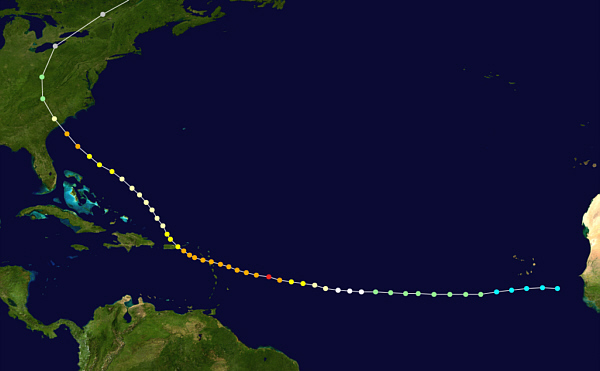Are You Ready?
Are You Ready?

Assemble a Disaster Supplies Kit
You may need to survive on your own after a disaster. This means having your own food, water, and other supplies in sufficient quantity to last for at least three days. Local officials and relief workers will be on the scene after a disaster, but they cannot reach everyone immediately. You could get help in hours, or it might take days. Basic services such as electricity, gas, water, sewage treatment, and telephones may be cut off for days, or even a week or longer. Or, you may have to evacuate at a moment’s notice and take essentials with you. You probably will not have the opportunity to shop or search for the supplies you need. A disaster supplies kit is a collection of basic items that members of a household may need in the event of a disaster.
Water
How Much Water do I Need?
You should store at least one gallon of water per person per day. A normally active person needs at least one-half gallon of water daily just for drinking. Additionally, in determining adequate quantities, take the following into account:
Individual needs vary, depending on age, physical condition, activity, diet, and climate.
Children, nursing mothers, and ill people need more water.
Very hot temperatures can double the amount of water needed.
A medical emergency might require additional water.
Food
The following are things to consider when putting together your food supplies:
Avoid foods that will make you thirsty. Choose salt-free crackers, whole grain cereals, and canned foods with high liquid content.
Stock canned foods, dry mixes, and other staples that do not require refrigeration, cooking, water, or special preparation. You may already have many of these on hand. (Note: Be sure to include a manual can opener.)
Include special dietary needs.
Basic Disaster Supplies Kit
The following items are recommended for inclusion in your basic disaster supplies kit:
Two week supply of non-perishable canned food.
Two week supply of water - one gallon of water per person, per day.
Portable, battery-powered radio or television and extra batteries.
Flashlight and extra batteries.
First aid kit and manual.
Sanitation and hygiene items (moist towelettes and toilet paper).
Matches and waterproof container.
Whistle.
Extra clothing.
Kitchen accessories and cooking utensils, including a can opener.
Photocopies of credit and identification cards.
Cash and coins.
Special needs items, such as prescription medications, eye glasses, contact lens solutions, and hearing aid batteries.
Items for infants, such as formula, diapers, bottles, and pacifiers.
Other items to meet your unique family needs.
Click Here For - EMERGENCY AND DISASTER PROCEDURES
